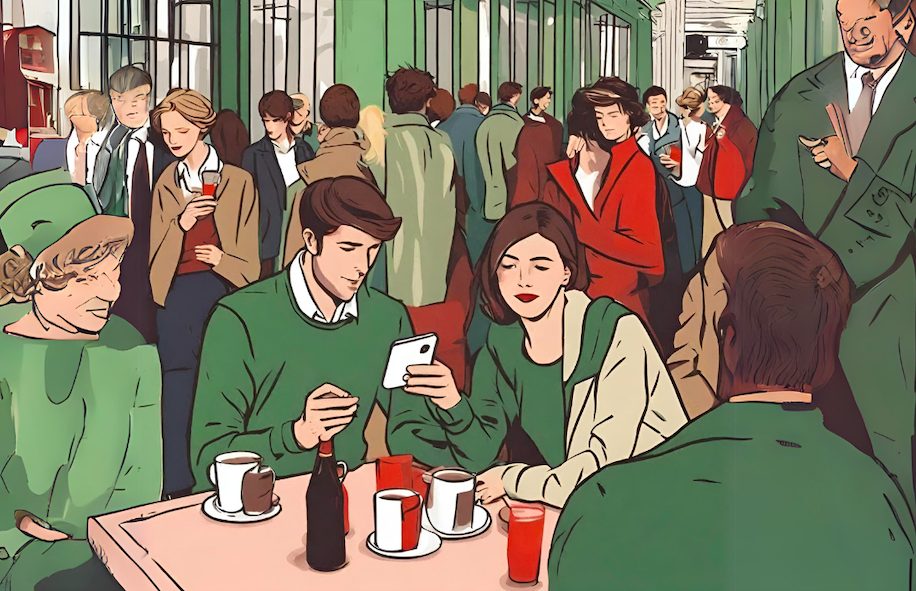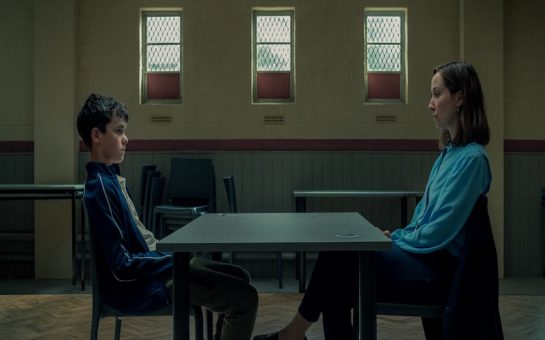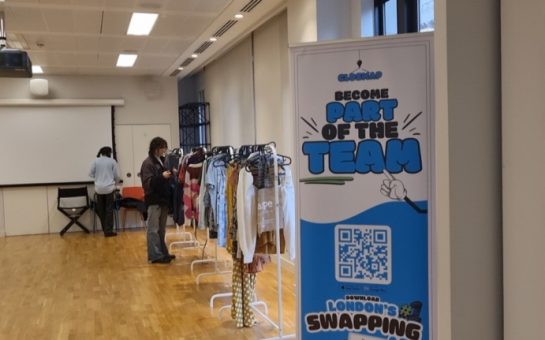Dating in 2023 is a meticulous science. Off-chance encounters in a dimly lit bar leading to a relationship, marriage and a mortgage are – for the most part – a thing of the past.
Yes, dating apps are of course to blame, but that’s old news. Now, there’s an additional layer of complexity when navigating romance: a system of categorising the traits of a potential partner into red, green or beige flags.
Thanks to TikTok, the latter entered our collective lexicons this year, and its arrival has given rise to striking findings from BonusFinder, who surveyed 2000 Brits about their approach to dating.
You wouldn’t be alone in assuming that a rude partner would be one of, if not the biggest, turn-offs in a romantic relationship.
But in fact, 76% of Brits deem a lacklustre fashion sense to be even more off-putting, Bonusfinder has found.
Similarly, you might assume, as relationship experts rightly parrot, that good communication is the bedrock of any relationship.
But you’d be wrong – spontaneity (34%), organising dates (41.1%), and offering to pay the bill (46.1%) rank more desirable.
Dating and the ‘Generational Gap’
The good news? Although the language of ‘flags’ and ‘icks’ might be confined to Gen Z and millennials, data suggests that the generations aren’t all that different when it comes to dating.
The bad news? Whether young or old, we’re pretty terrible at knowing what makes for a good partner on a first date.
Relationship consultant and therapist Kathrine Bejanyan emphasised the blurred lines in defining a successful relationship in today’s dating landscape.
She said: “Today, unlike in earlier generations, there’s more of an expectation that things have to be meaningful. They have to excite you and enliven you.”
A successful long-term relationship used to be synonymous with marriage and kids – external markers that are easier to measure than the more intangible qualities people strive for today.
It’s no wonder we’ve invented a flag-based categorisation system to assign some order to the chaos.
While the media often portrays a significant generational gap, positioning Gen Z as anomalous in their approach to dating, King’s College London Professor of Public Policy Bobby Duffy disagrees.
Research suggests that Gen Z, Millennials, Gen X, and Boomers share remarkably similar red, green, and beige flags.
Duffy explains the idea that different generations seek fundamentally different qualities in a partner is a misconception.
Common across all age groups, a lack of independence emerges as the most significant red flag.
Excessive self-centered talk and conversations about past relationships also feature prominently.
Bejanyan encourages open discussions about exes but warns against an unhealthy fixation on past connections.
She said: “If they can’t stop talking about a particular ex, that’s probably concerning.”
Instead, she cites addiction, aggression and victimhood as her biggest red flags.
Beige flags, Bejanyan explains are like the subtle hints of potential issues – not enough to make a fuss about, but something to keep in the back of your mind.
Instead of jumping to conclusions, it’s about spotting consistent patterns in behaviour.
Take, for example, someone saying they’ve never been abroad or they’re not adventurous with food.
The idea is to think about how these quirks fit into their overall personality and whether it aligns with your own values.
Bejanyan added: “If someone is consistently showing lack of interest or a curiosity in food, in new places, in people, in things, but you’re a big adventurer, then that might be a concern.”
All generations ranked unadventurousness with food as their top beige flag, and they all had the same top five in common.
Dating in the early stages, Bejanyan said, involves a lot of nuanced evidence gathering, and that snap judgements of certain qualities, without appreciating the context, is more harmful than helpful.
The semantic barrier is where things get interesting.
According to Duffy, the intergenerational gaps in beige flags only really manifest because of ambiguity around what it means.
“The only real discernible difference is the meaning itself,” he said.
“Some see it as a sign of a dull personality, or annoying quirk, while older generations think it might be the early signs of a more serious issue.”
Despite Gen Z coining the term, they are no better at deciding which traits warrant a beige flag (if any) and those that don’t.
Bejanyan explained that communication issues are the biggest problems she sees crop up time and time again.
“95% of people I see don’t know how to manage their differences and work things through and negotiate,” she said.
Accountability, honesty and openness, Bejanyan explained, are the primary green flags to look out for.
“Someone who’s able to speak really openly and eloquently about struggles they’ve gone through things that they’ve seen, challenges they’ve had, but they have a sense of accountability for what they’ve learned and what they’ve done,” she said.
Humour and playfulness are just as important.
However, across the generations, good communication and the ability to talk about emotions both ranked relatively low – Gen X ranking the former in 12th place, and both millennials and boomers putting the latter 12th as well.
The generations’ most popular green flags – being a good listener, paying the bill, and organising dates – although consistent across the board, aren’t necessarily a good predictor of a strong match or fulfilling relationship, Bejanyan explained.
In short, despite long-term relationships today being rated happier than previous generations, data suggests that when it comes to finding a good match on a first date, we’re all as hopeless as each other.
Bejanyan urged caution with the superficial nature of dating apps, which might compound the problem.
She said: “Some of the lowest quality behaviours have become normalised. If you’re not careful, it [dating apps] ends up using you instead of you using it.”
So what does this mean for dating: are we self-sabotaging by writing off potential matches too early based on fickle ‘flags’ that more likely than not don’t determine compatibility?
What will the future of dating hold and will the pendulum swing the other way?
The challenge lies in distinguishing genuine compatibility from fleeting flag-based first impressions.
Featured Image created using AI (Canva)





